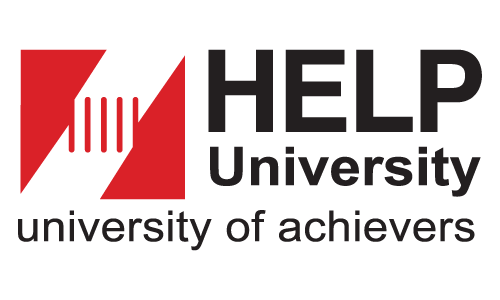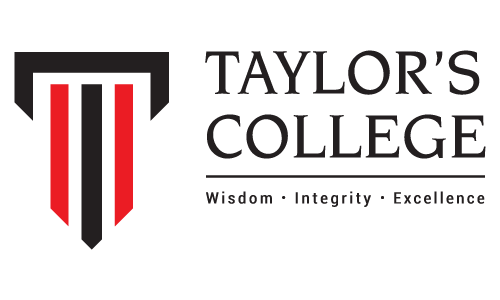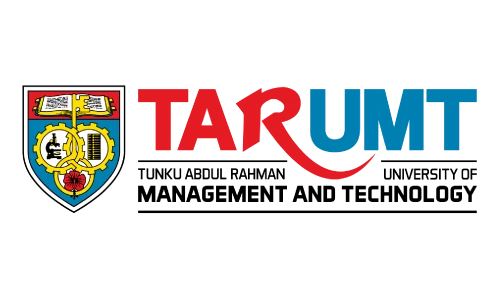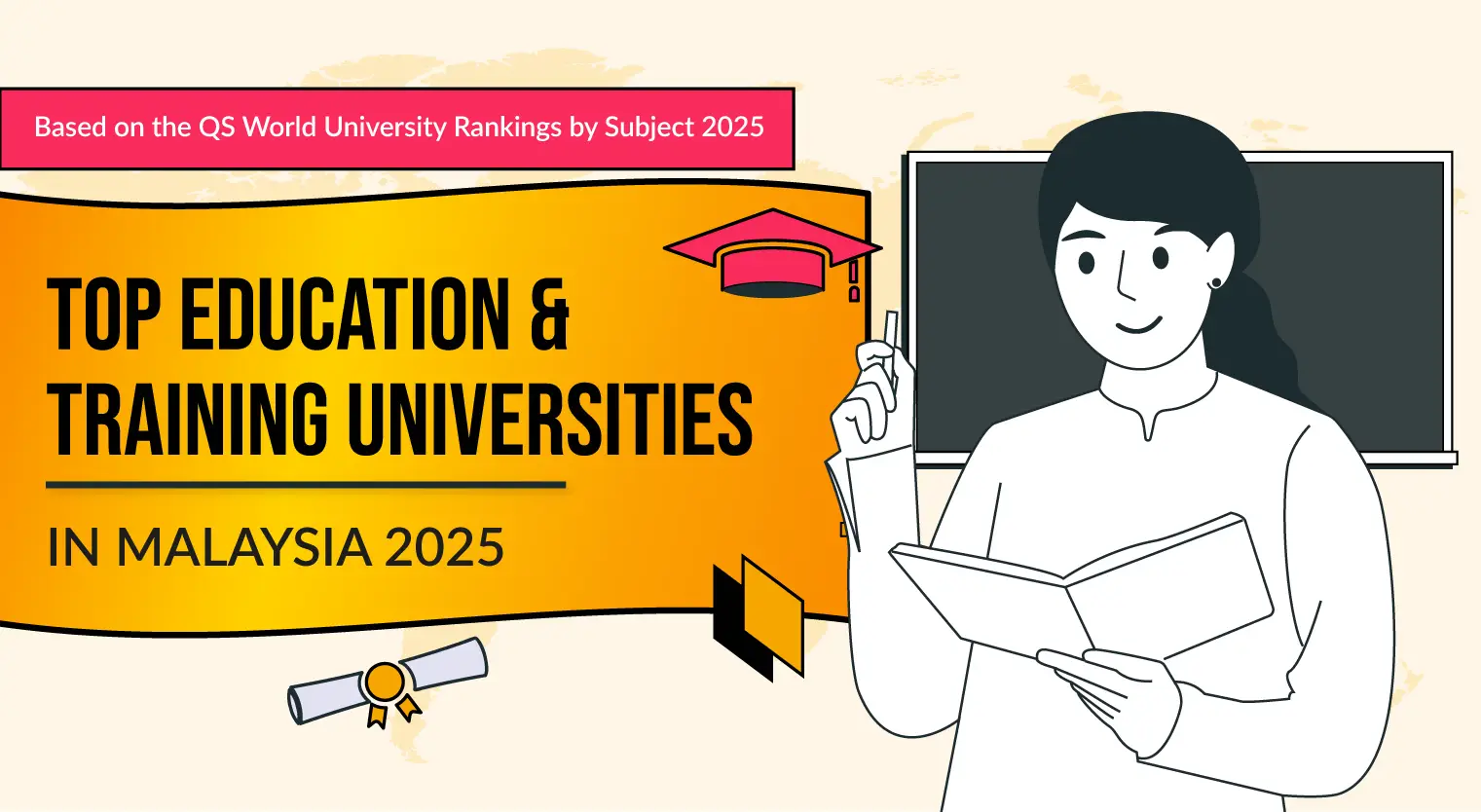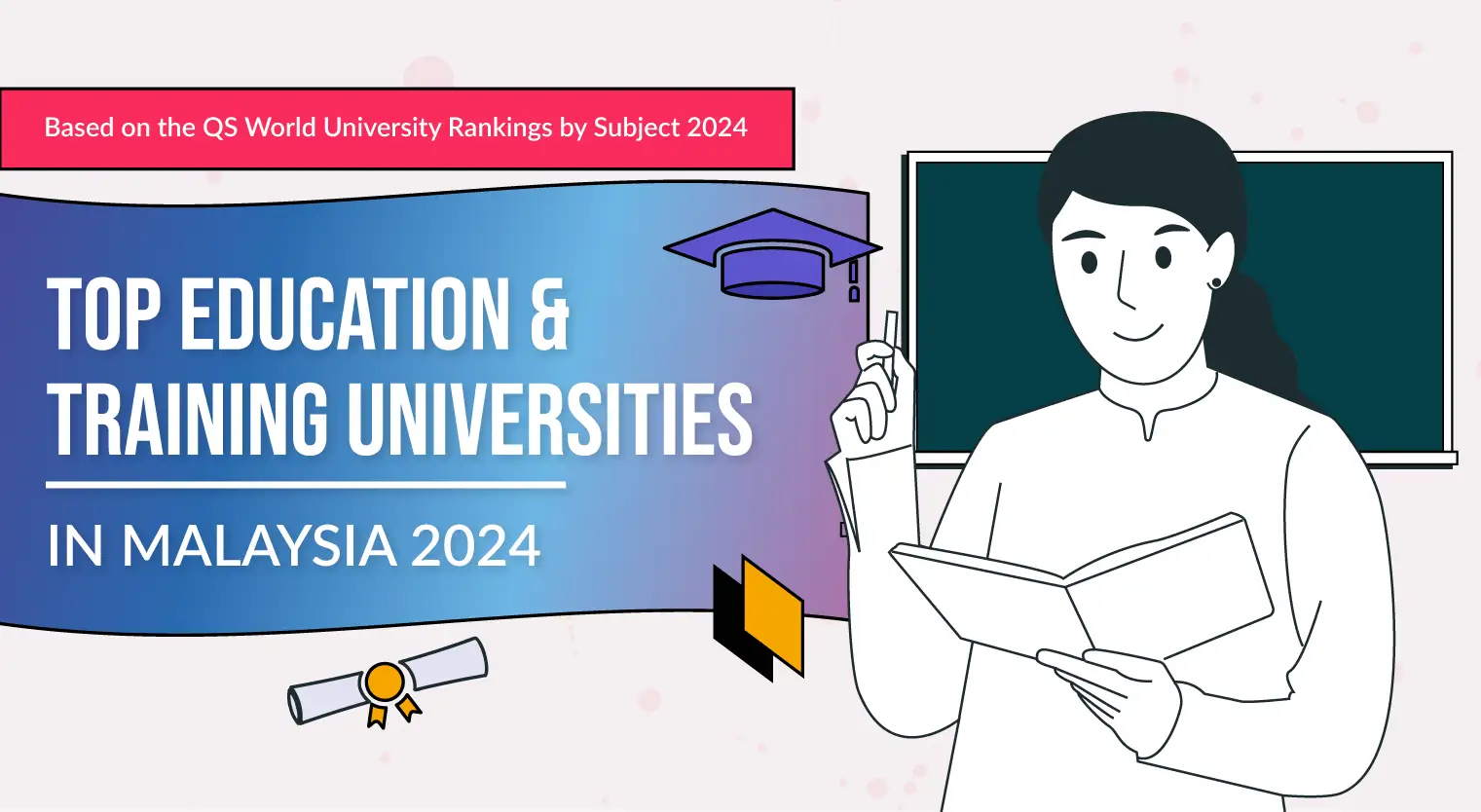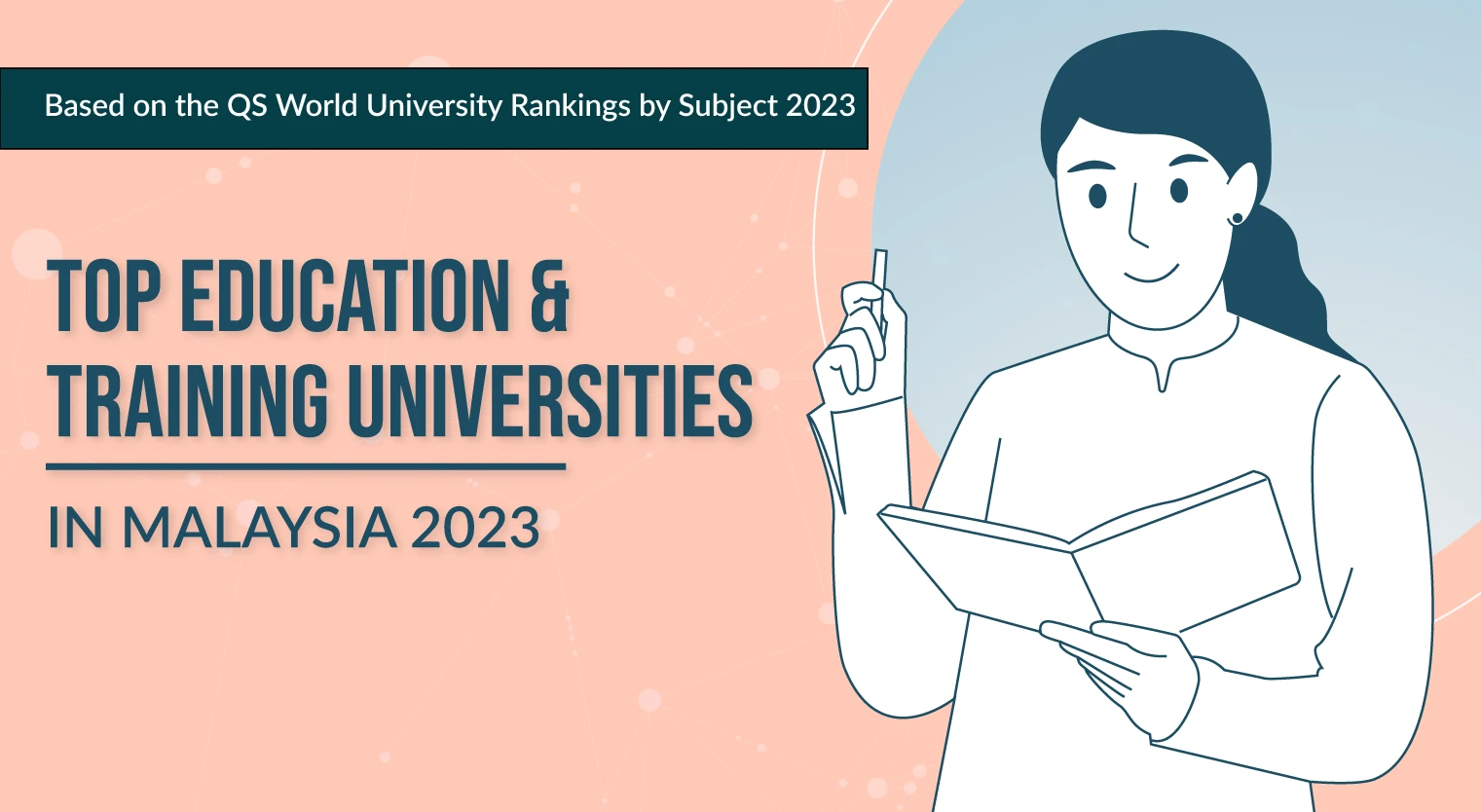The Complete Guide to Studying Early Childhood Education in Malaysia
Wondering how you can be a kindergarten teacher in Malaysia? From institutions all the way to pathway and requirements, discover everything about studying Early Childhood Education with this guide.
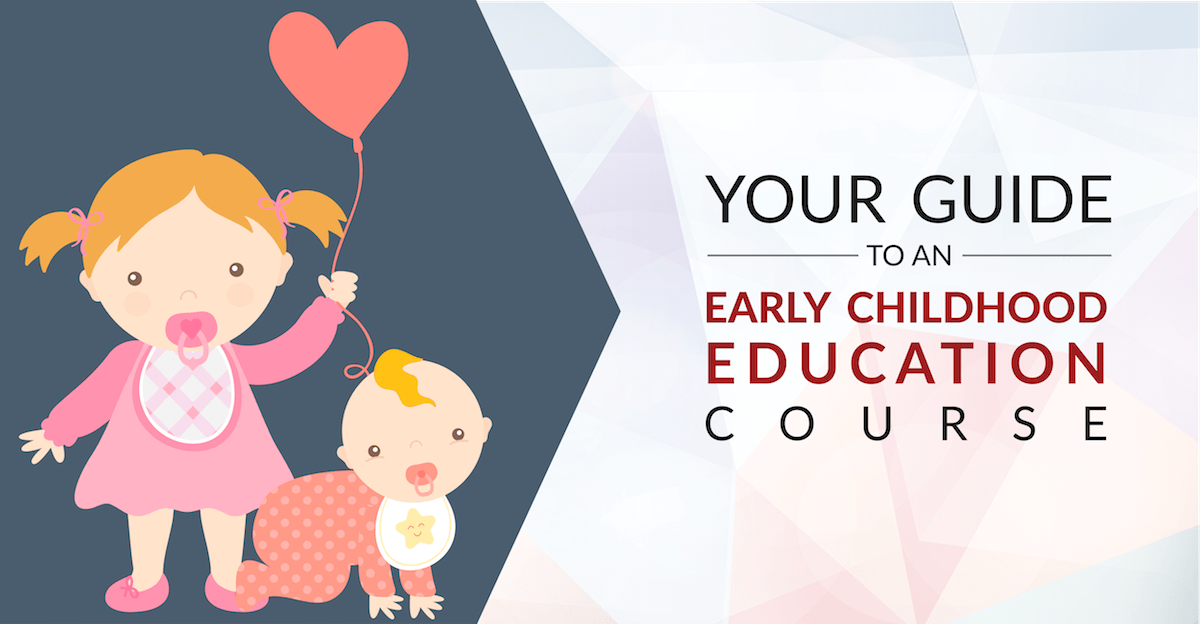
Did you know that 85% of a child’s core brain structure is formed by the age of three?
An explosion of activity happens in the first five years of a person’s life. It is a time when the brain develops faster than any other point in your life. As such, Early Childhood Education is absolutely critical, since it improves the chances of a person's success in the future!
If you're someone who absolutely loves children and want to take an active role in building the future of our next generation, an Early Childhood Education course could be the path for you.
This comprehensive guide will give you insights about studying Early Childhood Education in Malaysia, from what it's all about and what you'll learn, all the way to the career prospects.

Universiti Tun Abdul Razak (UNIRAZAK)
Bachelor of Education (Early Childhood Education) (Honours)
✓Work-based learning that emphasises educating and developing well-rounded students into future educators with practical skills that meet industry needs
#1. The Basics of Early Childhood Education
What is Early Childhood Education
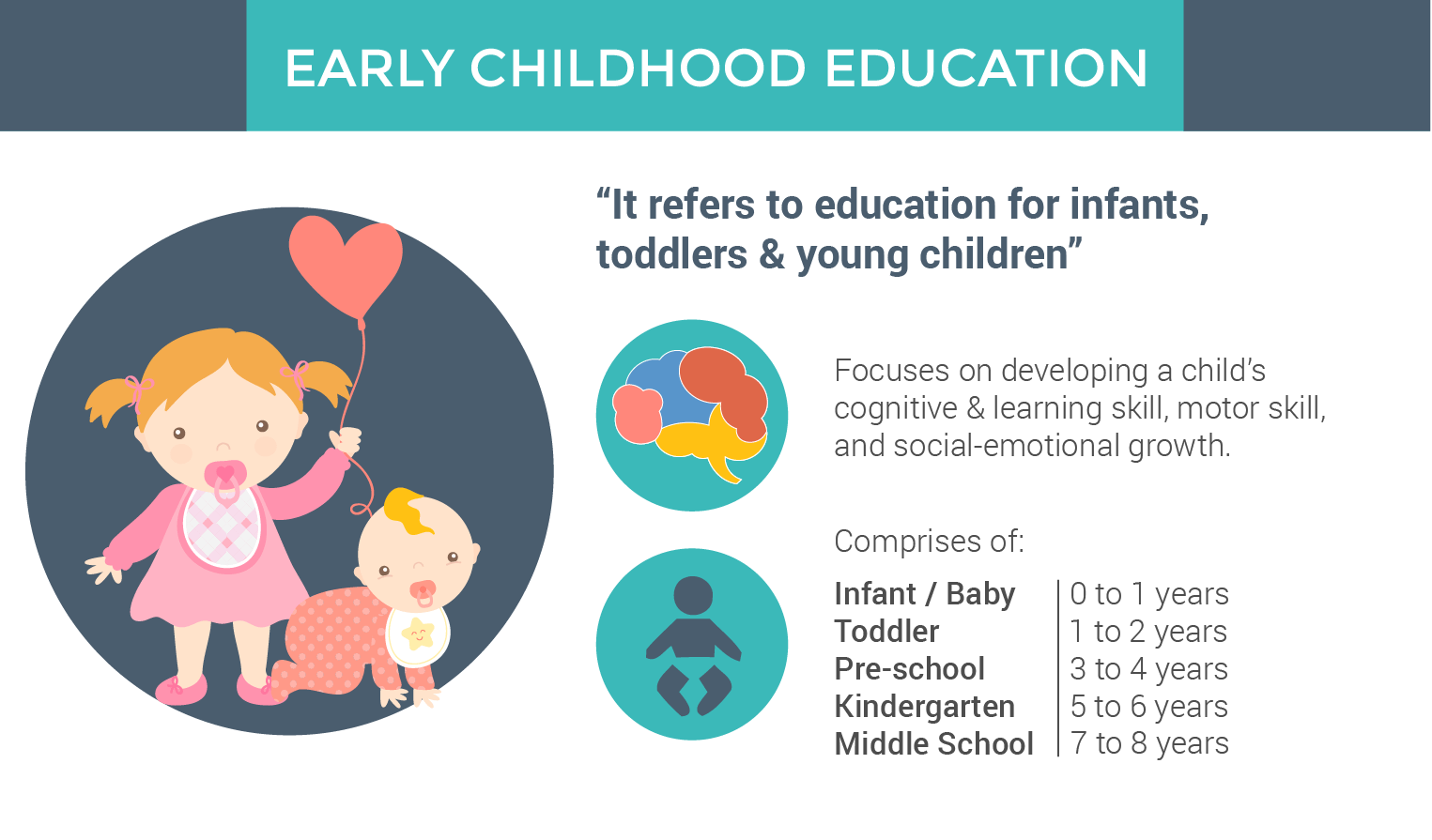 Early Childhood Education refers to education for infants, toddlers and young children.
Early Childhood Education refers to education for infants, toddlers and young children.
Early Childhood Education focuses on developing a child's cognitive and learning skill (e.g. attention, memory, thinking), motor skill (e.g. balance, gripping things) and social-emotional growth (e.g. making friends, sharing toys, understanding good & bad behaviour).
In general, Early Childhood Education comprises of:
- Infant / Baby: 0 to 1 years
- Toddler: 1 to 2 years
- Pre-school: 3 to 4 years
- Kindergarten: 5 to 6 years
- Middle school: 7 to 8 years
These early years of a child's life are absolutely critical. Since a child is like a blank canvas, the surrounding environment can significantly impact the growth and development of a child.

#2. Studying an Early Childhood Education Course
a) Entry Requirements & Qualifications
In order to pursue a Degree in Early Childhood Education, you will generally need:
(i) Diploma in Early Childhood Education
In order to pursue a Diploma in Early Childhood Education, you'll need:
- SPM / O-Level: Minimum 3Cs
(ii) Degree in Early Childhood Education
The basic requirements that you'll need to meet to pursue a Degree in Early Childhood Education are:
- A-Level: Minimum 2Ds
- STPM: Minimum 2Cs or CGPA of 2.00
- Foundation in Science or Arts: CGPA of 2.00
- Matrikulasi: CGPA of 2.00
Entry requirements may vary depending on university, so make sure you do your research!
b) How Long is an Early Childhood Education Course?
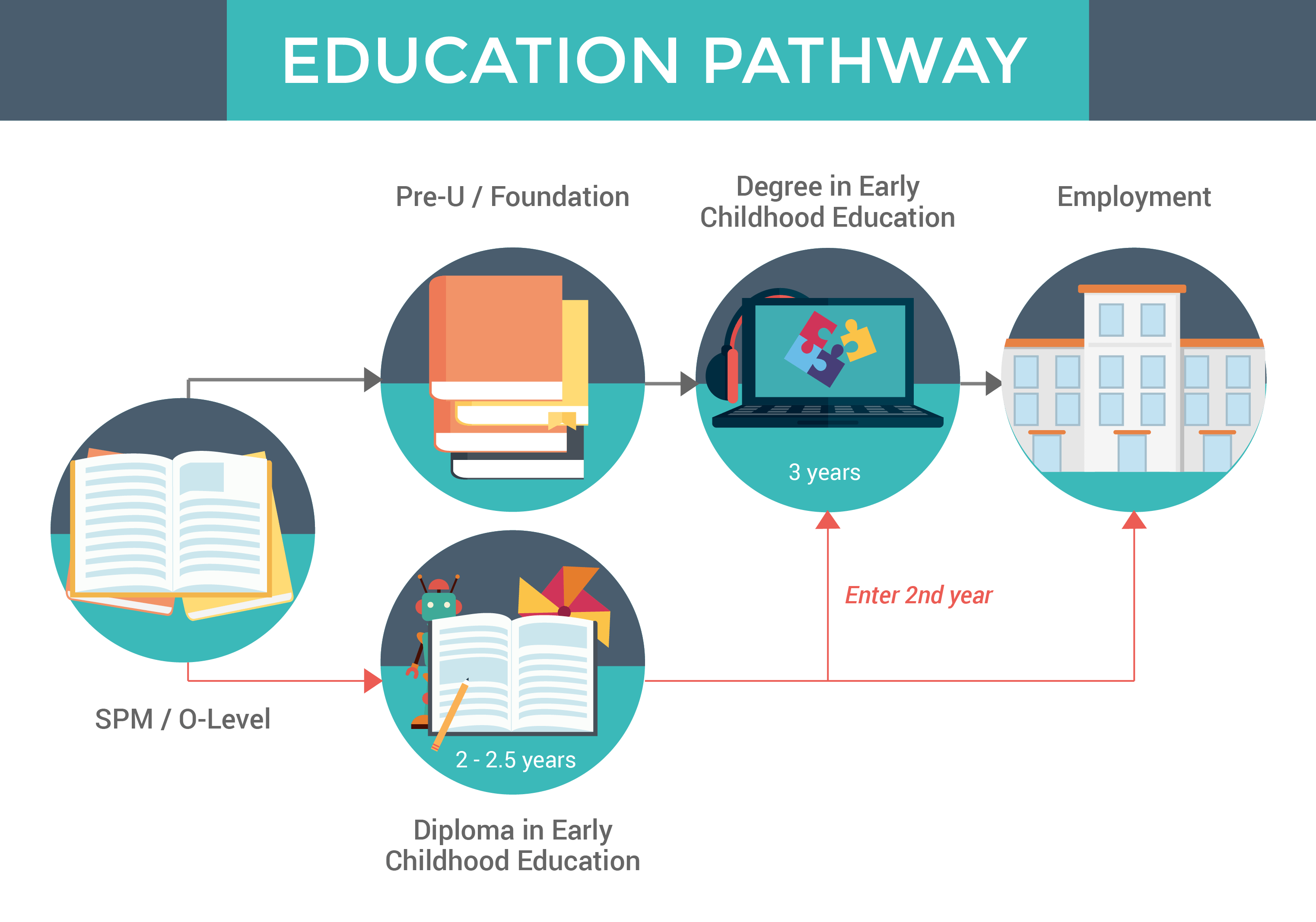
A Degree in Early Childhood Education is usually 3 years long.
However, should you choose to do a Diploma in Early Childhood Education instead, it would typically be 2 to 2.5 years long. Upon successful completion of your Diploma, you can choose to either start working, or enter directly into Year 2 of a Degree in Early Childhood Education.
c) How Much Does It Cost To Study Early Childhood Education in Malaysia?
A Diploma in Early Childhood Education can cost from RM10,000 to RM36,000. Meanwhile, a Degree in Early Childhood Education can range from RM28,500 to RM100,700.
d) What Will You Study in an Early Childhood Education Course?
A course in Early Childhood Education will help you develop core knowledge of how a child develops, learns and behaves. You will also learn various teaching approaches and strategies to engage a child, such as learning through play.
Some of the subjects you may learn include:
- Child Development
- Expression Through Art, Drama, Science & Mathematics
- Health, Safety & Nutrition
- Infant & Toddler Care
- Language & Literacy
- Learning & Play
- Professional & Communication Skills
- Programme Planning & Implementation
#3. Why Should You Study Early Childhood Education?

The field of Early Childhood Education will require lots of patience and dedication. However, it can be extremely rewarding for those who love working with children!
Here are some of the top reasons why you should study Early Childhood Education.
(1) You absolutely LOVE being around children
Do you find yourself gravitating to children all the time? Love spending your days with them, feeling energised and enthusiastic at the end of the day instead of collapsing out of pure exhaustion? If you are passionate about children and want to play an active role in one of the most crucial periods of their life, Early Childhood Education might just be the right path for you!
(2) You understand the importance of helping young minds develop
The children is our future, and nothing is more critical than the first eight years of their life. At this stage, their minds develop so rapidly that it's important that they are surrounded by a positive environment to help them achieve future success. By pursuing the field of Early Childhood Education, you will be building dreams and nurturing our future leaders!
(3) You have a passion for teaching and learning
Early Childhood Education isn't only about teaching, it's about learning too! As an early childhood educator, you will be constantly learning new teaching methods and developing innovative lesson plans to engage young children. Learning is a lifelong process, and in order to inspire young children with the love of learning, you must also display a passion for learning too!

#4. What Skills Do You Need to Study Early Childhood Education?
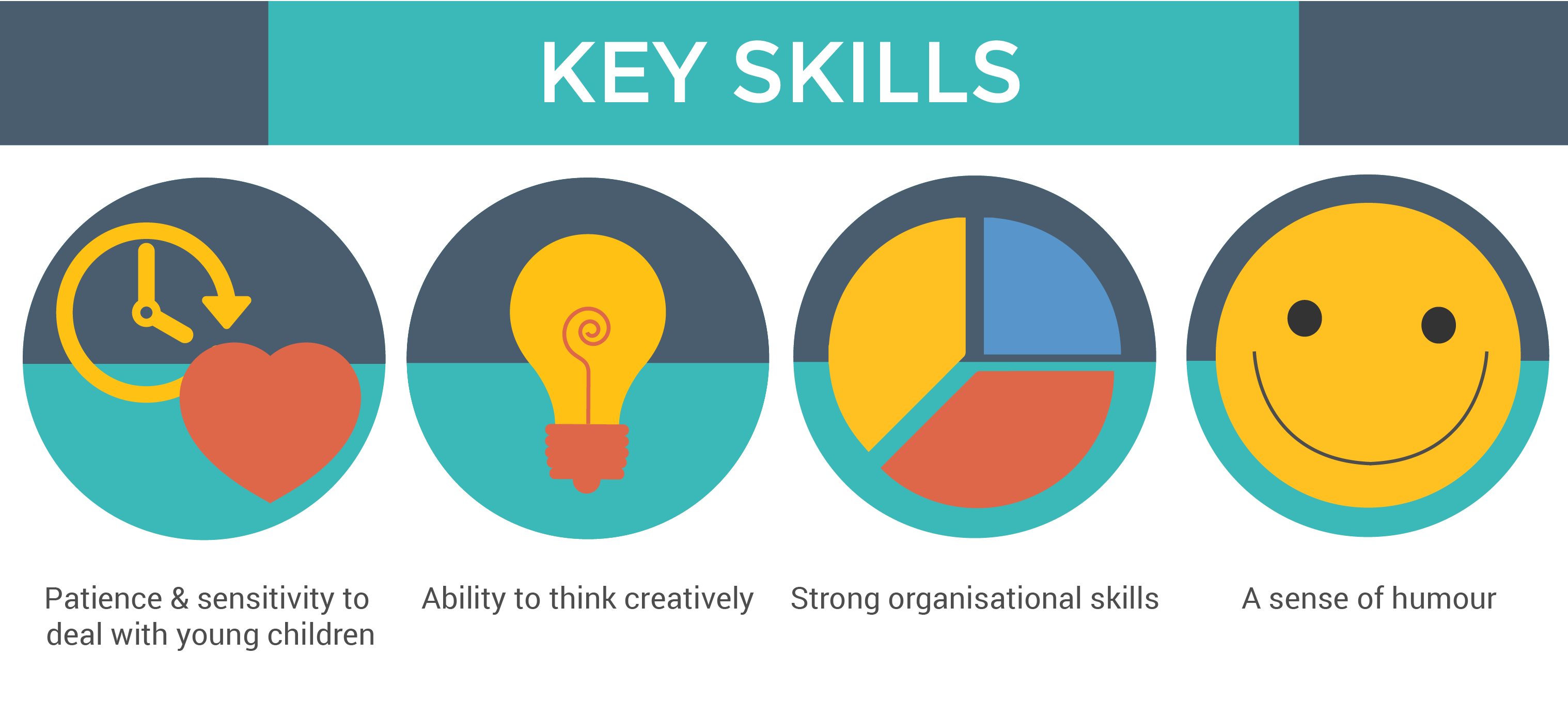 Here are some of the key qualities and skills that you will need to develop in order to do well in an Early Childhood Education course.
Here are some of the key qualities and skills that you will need to develop in order to do well in an Early Childhood Education course.
(1) Patience and sensitivity to deal with young children
Young children can be emotional, loud and irrational. Remember that this is likely the first time they are interacting with people outside their family, so you will need to be sensitive to their needs and have the patience to deal with tantrums and conflicts with other children. As an early childhood educator, you will be guiding young children to behave in a socially acceptable manner and manage their emotions, and this may require lots of patience!
(2) Ability to think creatively
Teaching young children isn't like teaching students in primary or secondary school. Young children can get easily distracted, so you must be able to think creatively to come up with engaging lessons that can hold their attention and interest. Whether it's arts & crafts, language learning or math & science, you will need to be constantly on your toes and thinking of new and interesting ways to make learning fun and educational for young children.
(3) Strong organisational skills
While it may look like it, a preschool isn't a free-for-all playhouse. Managing a classroom of young, rowdy kids requires more organisational skills than you think. You will need to come to class prepared with lesson plans and setting up the right environment with various props and interactive materials, not to mention being prepared for any spills and accidents that may happen along the way. There are many things to juggle, and you must be prepared for it all!
(4) A sense of humour
Teaching is a serious job, but learning should always be fun! Young children respond well to simple visual and verbal humour, so you need to be spontaneous and create laughable moments. Whether it's a making up silly rhymes, doing a funny dance or teaching kids to take life less seriously if mishaps happen, you need to be able to find joy in laughing and sharing their laughter, even if the joke is on you!
#5. Career Options with an Early Childhood Education Course
After completing a course in Early Childhood Education, here are some of your career options:
- ECE Curriculum Developer
- ECE Lecturer
- Educational Toy Consultant
- Kindergarten (Tadika) Teacher
- Pre-school (Taska) Teacher
- Pre-school / Kindergarten Owner
- Pre-school / Kindergarten Principal
- Private / International School Teacher (Pre-school Level)
#6. Where Can You Study Early Childhood Education in Malaysia
Here are some of the most popular universities for Early Childhood Education in Malaysia.
Universiti Tun Abdul Razak (UNIRAZAK)
Kuala Lumpur Main Campus, Kuala Lumpur
Bachelor of Education (Early Childhood Education) (Honours)
Intake
Jan*, Mar, May*, Jul, Sep*, Nov
Tuition Fees
RM33,650
Get RM300 Rebate when you enrol through EduAdvisor! T&C apply.
